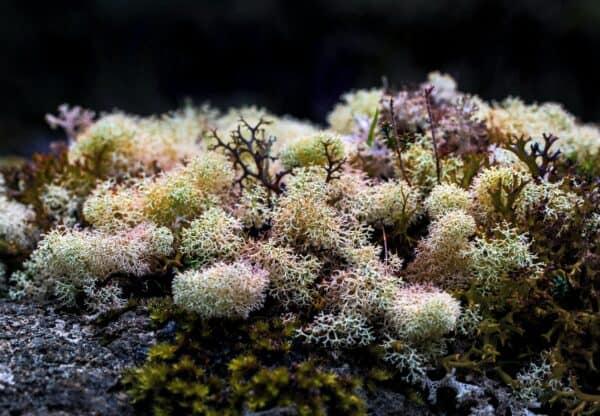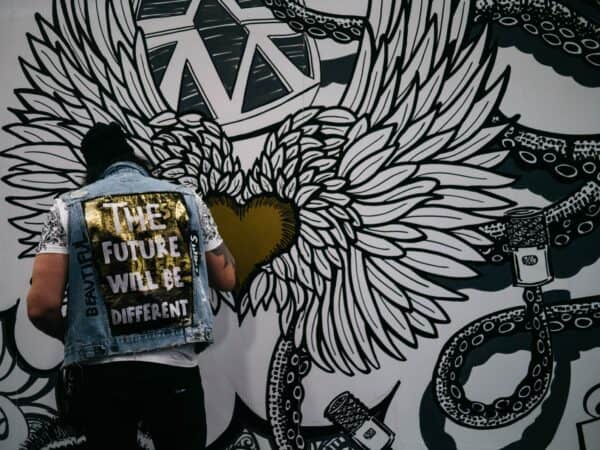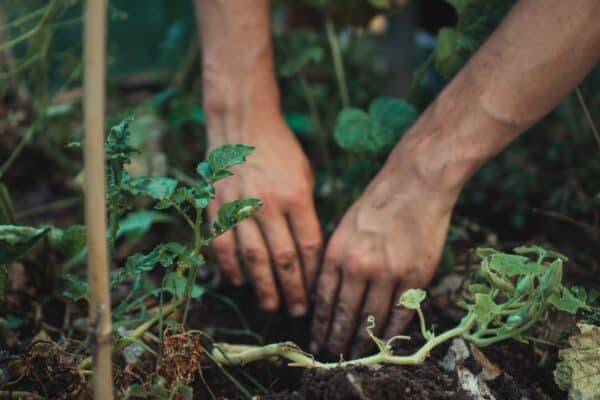The moment we say yes to leading a business from the heart, anything & everything that stands between ourselves & love will come to the surface & invite us to see it, hear it, feel it & alchemise it.
This was the mantra I gave to my clients when the Wish Tree Academy opened its doors 8 years ago.
And that “everything & anything” that stands between ourselves and love, are all the ways we forgot that we are already whole. All the ways we forgot that we are love.
Since those early days in the Academy, changemakers and wellbeing facilitators have gathered in Wish Tree to create impactful contributions through their organisations & businesses, with the overall vision of a world operating with greater wholeness.
“Are you ready to be in the Business of Love?” is something I often ask my clients.
“Yes! Of course!” is the answer I receive enthusiastically.
There is frequently a realisation of having spoken too soon.
When we create and run a project or business that is led from the heart, everything we share and offer & how is mirrored in our own remembrance of wholeness.
We have nowhere to hide.
We will come face-to-face with our willingness to embody love, or not.
We cannot give what we don’t have ourselves, so claiming to work from the heart but ignoring how we are showing up ourselves does not make for integrity. Or being the change.
Instead of love, what drives our behaviour is scarcity, or what we might describe as ‘giving to get’: I appreciation, status, validation. Doing good to ‘be good’. Be ‘enough’.
I call these wounded changemaker behaviours.
Here’s a list of potent questions that will guide you to reflect on your relationship to love in your changemakership.
Buckle up, take deep breaths and say yes to the courage of being brutally honest with yourself.
9 questions for changemakers SAYING YES TO BEING in the Business of Love:
- Do you have the courage to share your true colours, rather than what makes you look good?
- Are you dedicated to consciously dismantling systems of oppression and your own unconscious contributions to them? Or is your action performative, driven by the need to ‘look and be good?’
- Do you feel enough, regardless of the scope of, or traditional signs of ‘success’ in your work, project or business? Or do you have a tendency to compare yourself with others, compete or feel jealous?
- Do you look after your whole being well and set healthy boundaries? Or do you engage in patterns of over-giving, over-working, busyness, and always being ‘on?
- Are you able to receive joy, pleasure, rest, relaxation and choose things that light you up? Or are you addicted to striving and proving yourself?
- Is there a part of you that needs to be perfect, in control, and are pushing for outcomes?
- Are you one person in all areas of your life, or do you contort yourself in pleasing and adapting in order to be liked, fit in or catch a glimpse of ‘belonging’?
- What are the subtle and not so subtle ways of grasping, extracting, copying and pasting in order to strengthen your image and get ahead?
- Do you choose short-cuts or the longer road that deep healing asks of us?
The list of behaviours and patterns goes on.
‘Being in the Business of Love’ takes courage, commitment and dedication. It’s not for the faint of heart.
It’s knowing that our first responsibility is to freeing ourselves: devoting ourselves to the practise of intentional home-coming to love, in service of the vision for thriving for all.
Saying yes to being in the Business of Love is an intentional process of unlearning, remembrance and liberation by coming home to wholeness one step at a time.
In the knowing that love begins with each of us.








